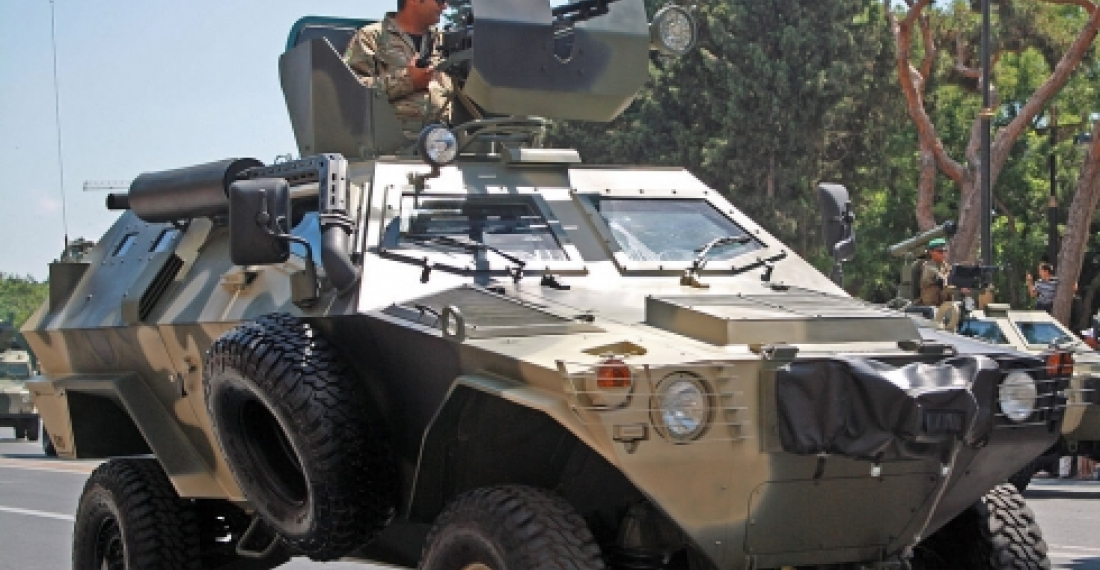There are reports that heavy equipment has been deployed, and is being used as tension continues on the front line separating Armenian and Azerbaijani forces in and around the Nagorno-Karabakh conflict zone.
In a statement issued on Saturday the Armenian Defence Ministry said that the situation along the line of contact had deteriorated sharply over the last two days. The statement accused the Azerbaijani Armed Forces of provocations and of attempting to infiltrate across the Armenian lines. The statement by the Armenian Defence Ministry said that the Azerbaijani armed forces had used small arms and artillery including grenade launchers, mortars and anti-aircraft guns.
Azerbaijan said that last night it repelled an Armenian attempt to infiltrate across the line of contact and that there was heavy fighting. Late on Saturday the spokesperson of the Azerbaijani Ministry of Defence, Vaqif Dargahlim told APA news Agency that Azerbaijan has every right to move armoured vehicles within its territory and will not give an account on this to any one, He was commenting on media reports that Azerbaijan was deploying heavy armoured vehicles in the conflict zone.
Armenia has only admitted three dead soldiers in the clashes of recent days but Azerbaijani sources say that the numbers are much higher. For its part Azerbaijan has now confirmed that twelve of its soldiers died since Wednesday and several others are injured.
source: commonspace.eu with agencies
photo: A Cobra military vehicle which is part of the inventory of the Azerbaijan Armed Forces (archive picture) The Cobra vehicle forms a common platform which can be adapted for various roles and mission requirements including: Armoured Personnel Carrier, Anti-Tank Vehicle, Reconnaissance Vehicle, Ground Surveillance Radar Vehicle, Forward Observation Vehicle, Armoured Ambulance, Armoured Command Post, turreted vehicle for 12.7mm machine gun, 20mm cannon, anti-tank missiles such as the TOW missile/Spike missile or surface-to-air missiles.







